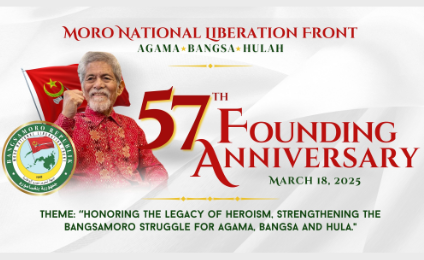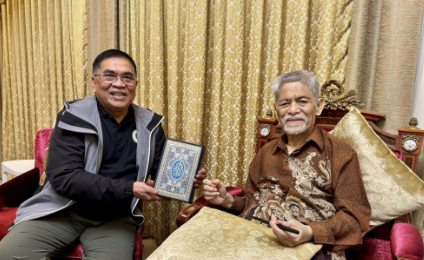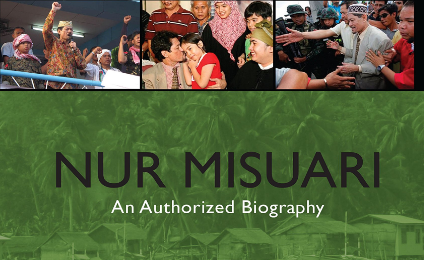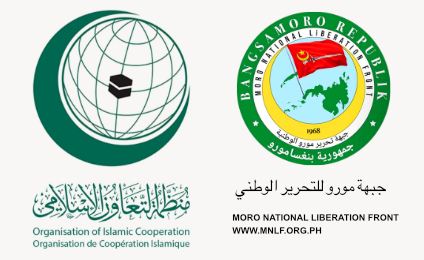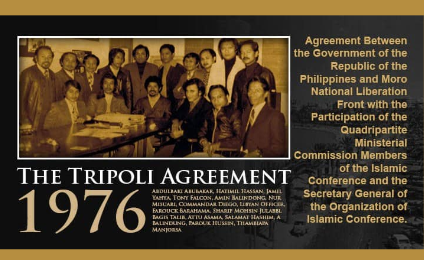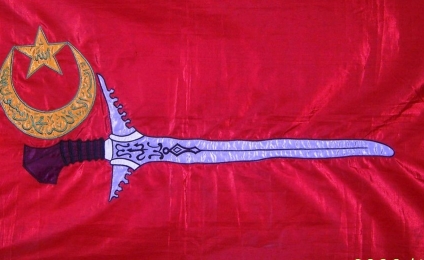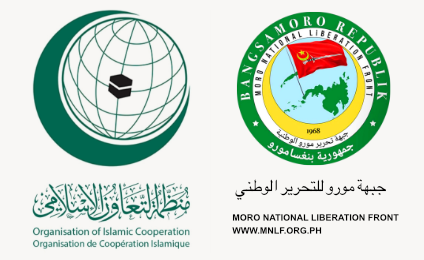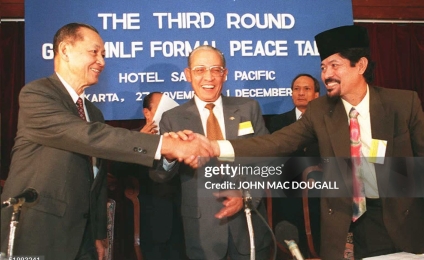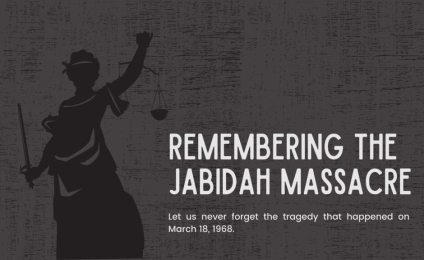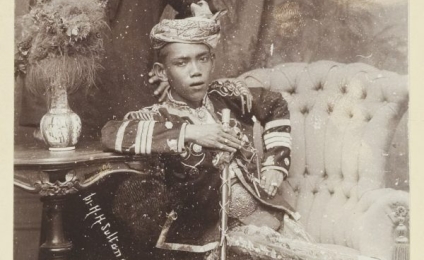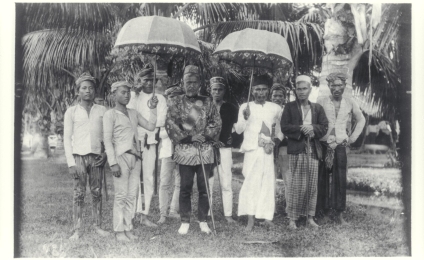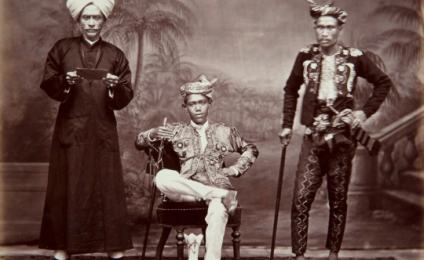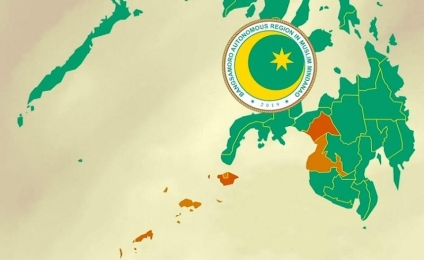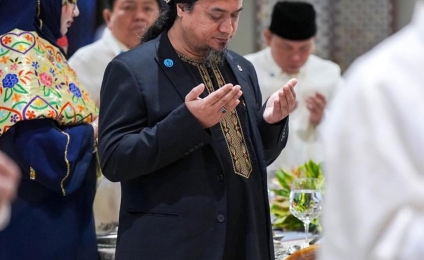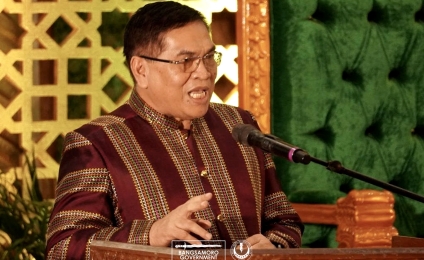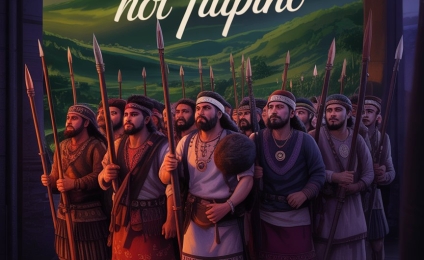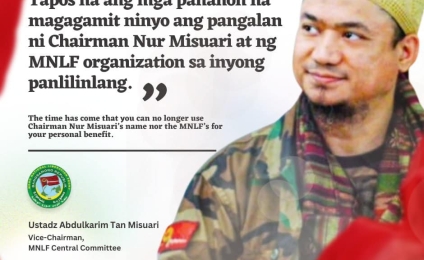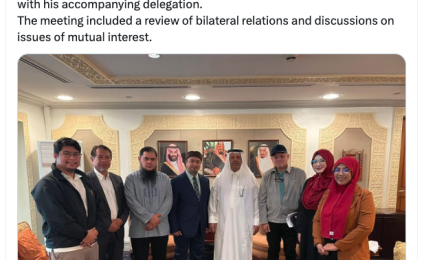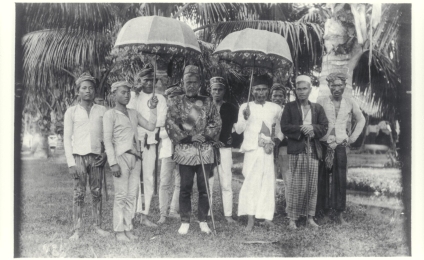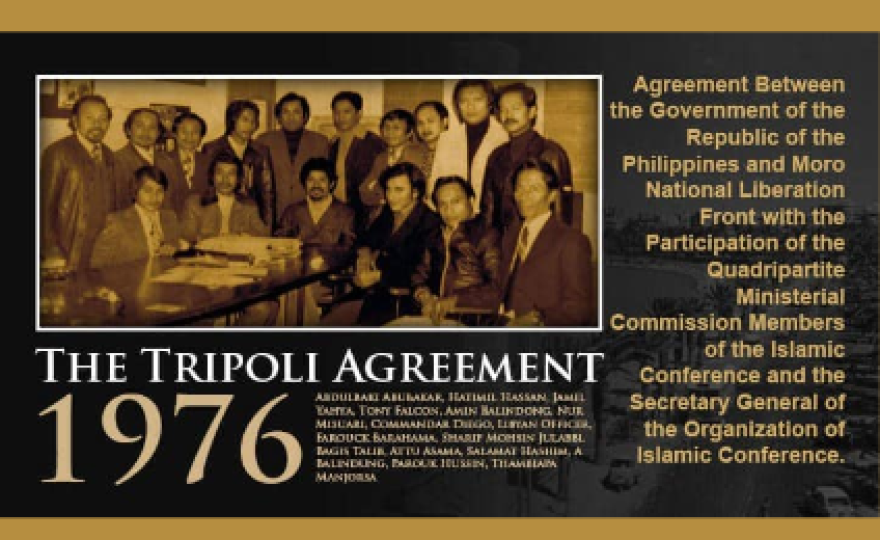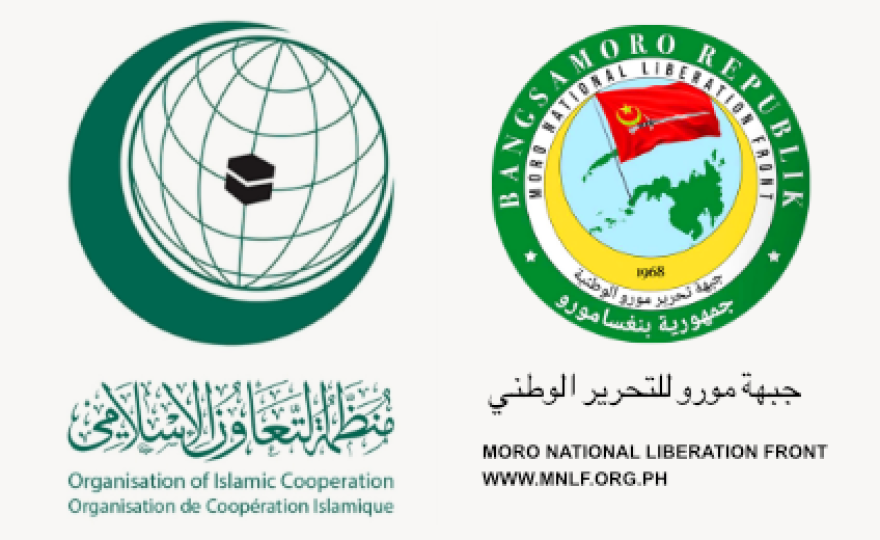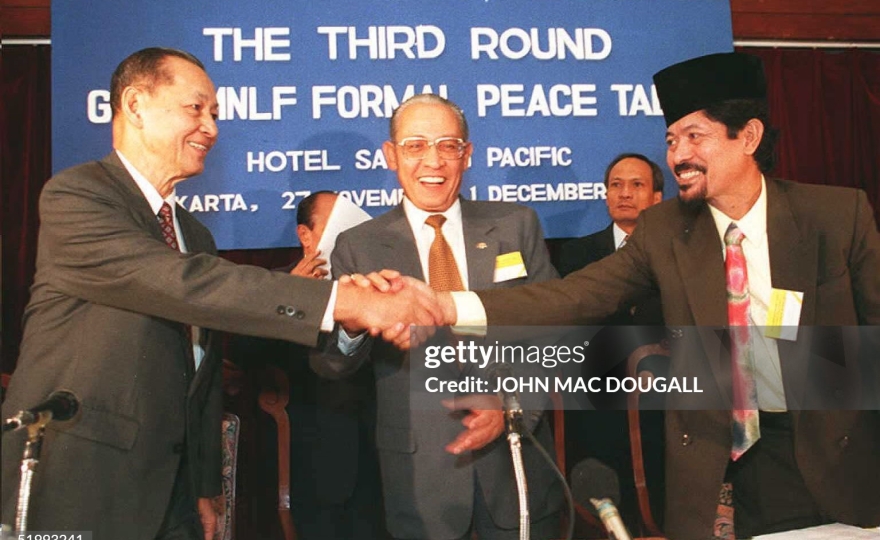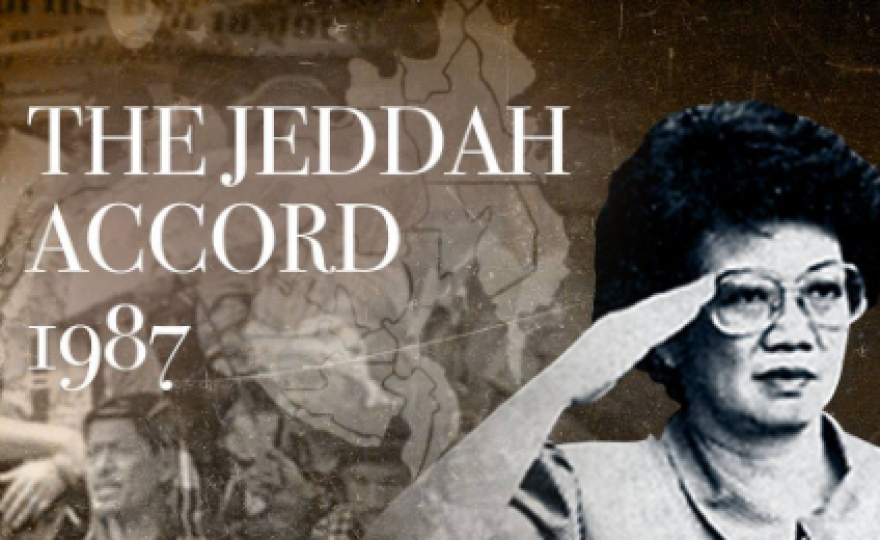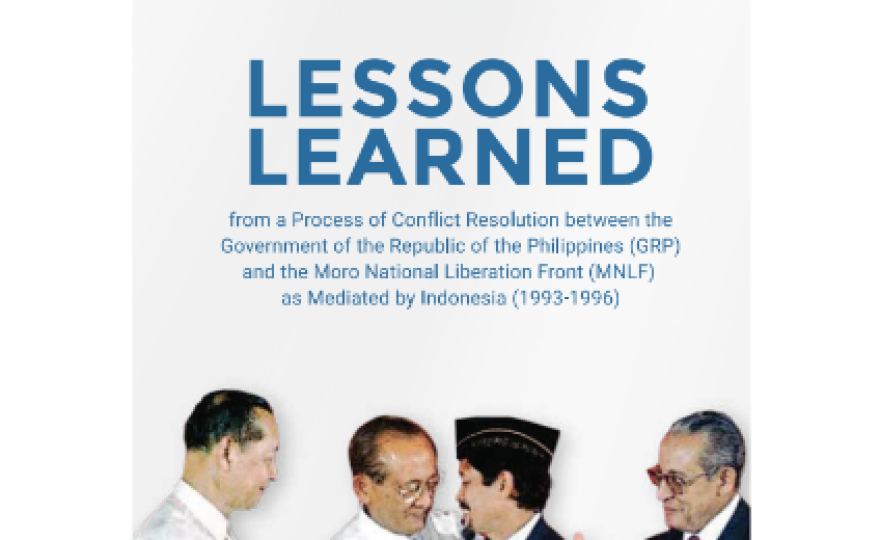The 1976 Tripoli Agreement was signed on December 23, 1976, in Tripoli, Libya by Carmelo Z. Barbero, representing the Government of the Philippines and Nur Misuari of the Moro National Liberation Front.[1] The agreement defined autonomous administrative divisions for Muslims in the southern Philippines, the establishment of an autonomous government, judicial system for Sharia law and special security forces, and the observance of a ceasefire.[2] The autonomous region was to have its own economic system, including an Islamic bank.[3]
THE PEACE PROCESS
On Monday, September 2, the Philippine government and the Moro National Liberation Front (MNLF), the largest Muslim rebel group in the southern Philippines, signed a historic peace accord at the presidential palace in Manila, aiming to end 24 years of civil war that began in 1972 and claimed an estimated 120,000 lives9. The conflict, rooted in demands for Muslim autonomy in the predominantly Christian country, has devastated the southern region, displacing hundreds of thousands and stalling economic growth
SOUTHERN Philippines, particularly the Autonomous Region in Muslim Mindanao (ARMM), is intricately connected to the wider and bigger community of nations known as the Organization of the Islamic Conference or the OIC. The basis of this connection is the fact that the Muslims in Southern Philippines, also known as the Bangsamoro, belong to that one universal Islamic Ummah (community).
The Jeddah Accord was signed on January 3–4, 1987 in Jeddah, Saudi Arabia by Aquilino Pimentel Jr., representing the Government of the Philippines and Nur Misuari of the Moro National Liberation Front. The two panels agreed upon the continued discussion of the proposal of the grant of full autonomy to Mindanao, Basilan, Sulu, Tawi-Tawi and Palawan subject to democratic processes.[1]
The lesson to be learned is that when an established state and a rebel movement are negotiating toward a peaceful resolution, they have a formidable common enemy: the deep-seated and widespread prejudice held not by the negotiating parties but by their respective constituencies. In this case, the prejudice is centuries old, born of the Moro wars waged between the colonial government in Manila and the Sultanates of Southern Philippines.
The Moro National Liberation Front (MNLF) is a political organization founded by UN Peace Awardee Professor Nur Misuari to advocate for the autonomy and rights of Muslim-majority regions in the southern Philippines. MNLF is a member (Observer Status) of the The Organization Of Islamic Cooperation and the PUIC.



 – Awarded for his role in promoting peace and dialogue in the Southern Philippines, particularly in the Mindanao conflict1_small.png)
